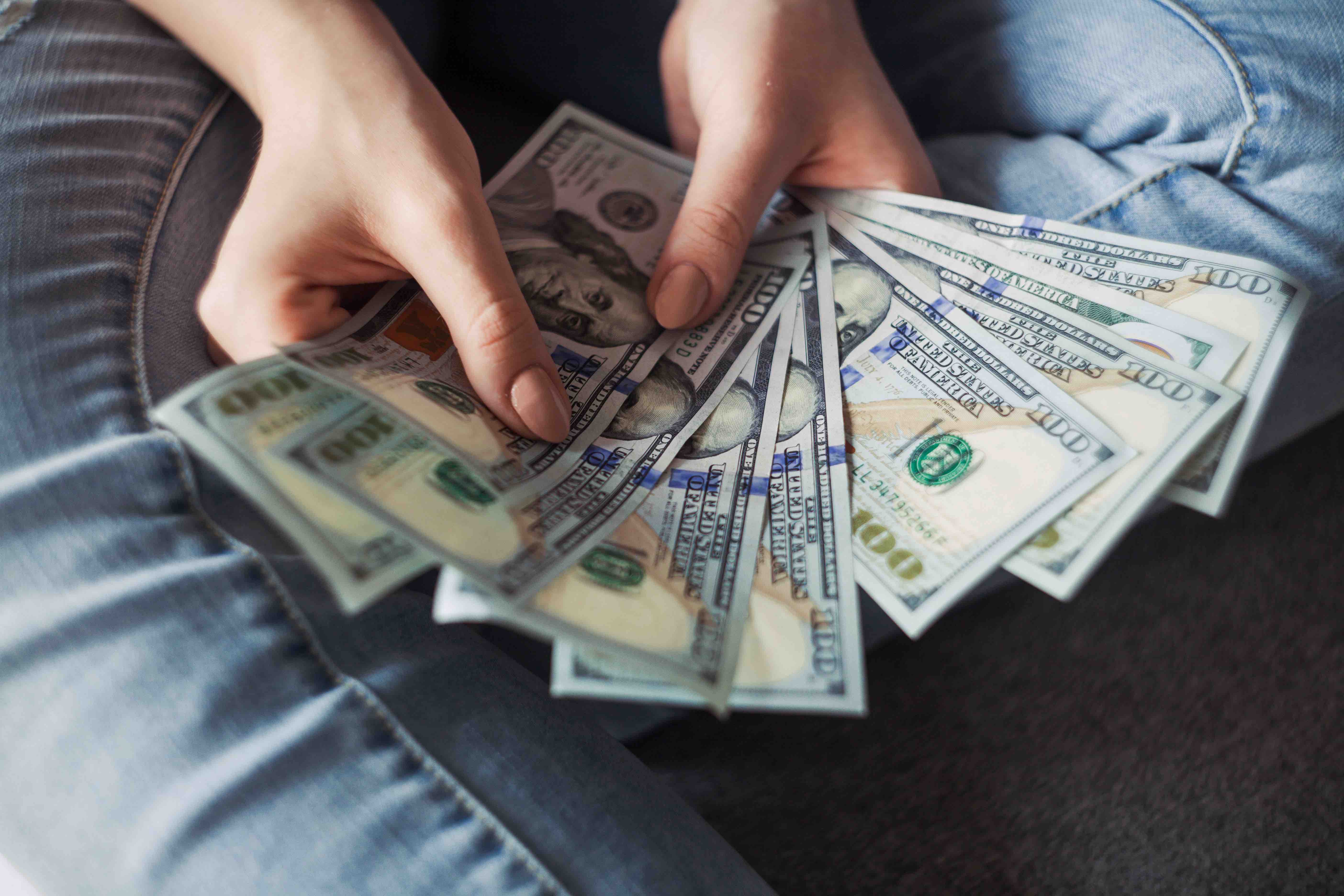
What Are Music Royalties, and How to Collect Them.
It’s not easy to understand music royalties. That’s why a lot of musicians end up outsourcing the business part of their music. However, with a little patience and guile, you’d be able to navigate this side of music too.
So, what are music royalties? They are payments that go to songwriters, composers, publishers, and other copyright holders.
There are lots of great musicians. But there are certainly not enough great musicians and businessmen. Too many artists neglect the business part of the music business and focus only on the music. That may guarantee great music, but it certainly doesn’t guarantee great reward for work. That’s why artists need to understand what music royalties are and how to bargain for them.
What Are Music Royalties?
Music royalties are monies given to songwriters, composers, and all other kinds of music creators. These monies are also generated for different types of usage and licensing. The music industry depends on music royalties as a form of payment to musicians. That’s why many music contracts define the relationship between the creator and the distributor regarding royalties.
What Are The Types Of Music Royalties?
There are four types of music royalties.
Mechanical Royalty
A mechanical Royalty is a Royalty that is paid on a physical copy of a recording. It is also paid on the digital copies of the song. Many people think that it refers only to physical copies of songs because of the “mechanical” in this term. That’s not true. The word mechanical in this term refers to a period where records were made mechanically instead of digitally like today.
Record labels pay mechanical royalties to songwriters for the albums they produce (physically or otherwise) that contain the songwriter’s material. The structure of mechanical royalties actually differs according to contract. Sometimes they are paid on all copies of an album the label presses— and other times, they are only paid on albums the label sells. In this case, the label wouldn’t have to pay for albums that it couldn’t sell. As you may expect, digital copies of albums don’t have this problem.
Performance Rights Loyalty
Like the name implies, performance rights royalty is paid to a songwriter on the live performance of the song. This live performance could be anything from a concert to a public playing of the recorded song.
Royalties like this are collected by performance rights societies like the American society of composers, authors, and publishers (ASCAP).
Print Music Royalties
Since print Music royalties are really uncommon, you may not have any reason to ever deal with them. However, if you do, they are simply royalties that apply to a piece of copyrighted music that’s transcribed to print piece (like sheet music) and then distributed.
The copyright holder pays out the fees based on how many copies are made of the printed piece.
Synchronization Royalties
Synchronization Royalties are the sort of royalties that apply to the use of copyrighted songs in movies, commercials, video games, and ads. They are called Synchronization Royalties because the songs are synced with visual media.
Who Gets Music Royalties?
It’s essential to understand your rights regarding the music you’ve made or contributed to creating. And you can only do this if you know whether or not you’re entitled to music royalties.
The following people (or the following roles) either receive or distribute music royalties.
1) Songwriters
Songwriters are the people who write the lyrics and music for the song. They receive mechanical, sync, or performance royalties. It all depends on the use of the song.
What if multiple writers write the song?
In that case, Songwriters use split sheets to describe their contribution to the song. The sheet will also serve as a written agreement that establishes ownership percentages amongst songwriters.
2) Publisher
The publisher is the person or group of persons that ensures that copyright holders get paid for their work. A publisher also issues licenses for music that it represents. The publisher splits publishing royalties between songwriters and themselves.
3) Record labels
Record Labels are companies that market and distribute the original recordings of an artist. Most record labels generate income from mechanical and public performance royalties. Often, they get songwriters into contracts that allow them to receive a portion of royalty payments for marketing and distribution. If you’re a songwriter, you must carefully go over this contract, as you’re the one with the royalty rights you’re bargaining off.
4) Performing Artist
A performing artist is the one who performs the songwriter’s original work. Performance artists don’t have any publishing rights, except they are the songwriters as well.
5) Performing Rights Organizations
These organizations collect public performance royalties and help distribute them to songwriters and music publishers.
Difference Between Licensing And Royalties
Many people conflate licensing and royalties, even though they are not the same. Licensing grants a music user permission to use music owned by someone, while royalties are the monies gotten from using that property.
Additionally, all members of the production team receive a cut from the royalties received on the song. Most times, they are negotiated up front and then finalized in a legally binding document.
Conclusion
Musicians or music enthusiasts need to know what they are getting into while making music. You should know what amount is payable to you and who has what rights on what property. If you don’t know that, you’ll suffer from fraudulent contracts while giving your whole heart to the process.
That’s something you surely wouldn’t want. Hopefully, this article has explained the basics of music royalties to you. You now know what they are and who is entitled to them. You also know the roles of record labels, performing artists, and performing rights organizations in the whole system.
Resources










